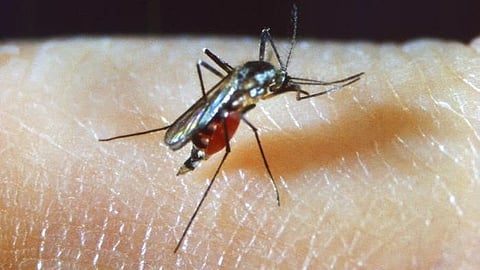Kinesins are molecular motor proteins that use energy from the hydrolysis of adenosine triphosphate (ATP - a universal store of energy in all cells), and function in various cellular processes. They are involved in transport, cell division, cell polarity and cell motility.
This latest study showed that of the nine kinesins present in the parasite genome, eight are required for the various functions of cell proliferation to cell movement in the mosquito host which was very surprising.
Researchers at the University of Nottingham have studied the location and function of all kinesins in live parasite cells at various stages of development, both in the mosquitoes which transmit the disease, and in the host where it causes disease. These proteins are important potential drug targets, hence the importance of this study in the search for new intervention targets.


